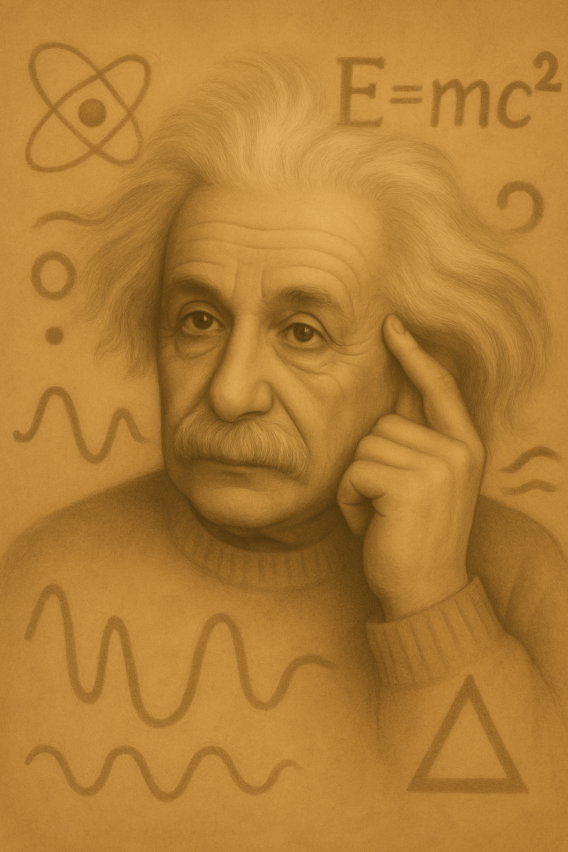Quantum mechanics is a branch of physics developed to explain mysterious phenomena such as X-rays and radioactivity. The behavior of atoms, particles, and electrons in a fuzzy, probabilistic world led to Schrodinger's equation. However, the interpretation, the narrative, and the explanation of the equation are still being debated by physicists.

The founding fathers of quantum mechanics, such as Niels Bohr and Werner Heisenberg, realized they could make predictions for the results of measurements. Still, they did not need a narrative known as the "Copenhagen narrative." Einstein disagreed with this approach and argued that physics should understand how the world is, not just predict the results of experiments. Therefore, physicists still need a narrative to gain a fundamental understanding of the quantum world.
Quantum mechanics and Einstein's theories of relativity have given us the modern world, including the understanding of materials and how they conduct electricity, which led to the development of semiconductors, silicon chips, and computers. We are also developing ideas like quantum cryptography, quantum computing, and quantum sensors that will affect our daily lives. However, the quantum world still has mysteries, such as quantum entanglement and the idea that space is connected via quantum entanglement.
As we peel back layers of the onion about the nature of reality, we find more profound mysteries inside, but we are also becoming more enlightened. Physicists will continue to make discoveries, and we need to appreciate science to know what and who to trust in this field.